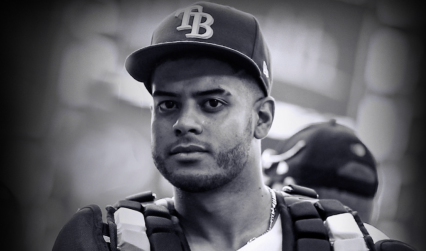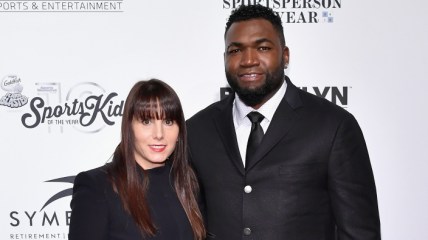Ortiz, Clemens, Bonds to be close calls for Hall of Fame
David Ortiz knows a thing or two about clutch swings late in the game. But he might put this one away in his first at-bat
Barry Bonds and Roger Clemens, with eight MVPs and seven Cy Young Awards between them, are in the bottom of the last inning in their Hall of Fame bids. Either they get in Tuesday — and it’s going to be close — or Cooperstown may elude them entirely.
David Ortiz knows a thing or two about clutch swings late in the game. But he might put this one away in his first at-bat.
Bonds, Clemens and Ortiz appear to be the only players with a chance at Hall of Fame enshrinement when results are unveiled Tuesday, with Ortiz most likely to get in on his first try.
Bonds and Clemens are in their 10th and final year on the ballot for the Baseball Writers’ Association of America. Due largely to allegations of performance-enhancing drug use, they have been unable to reach the 75% threshold to earn a place among baseball’s greats.
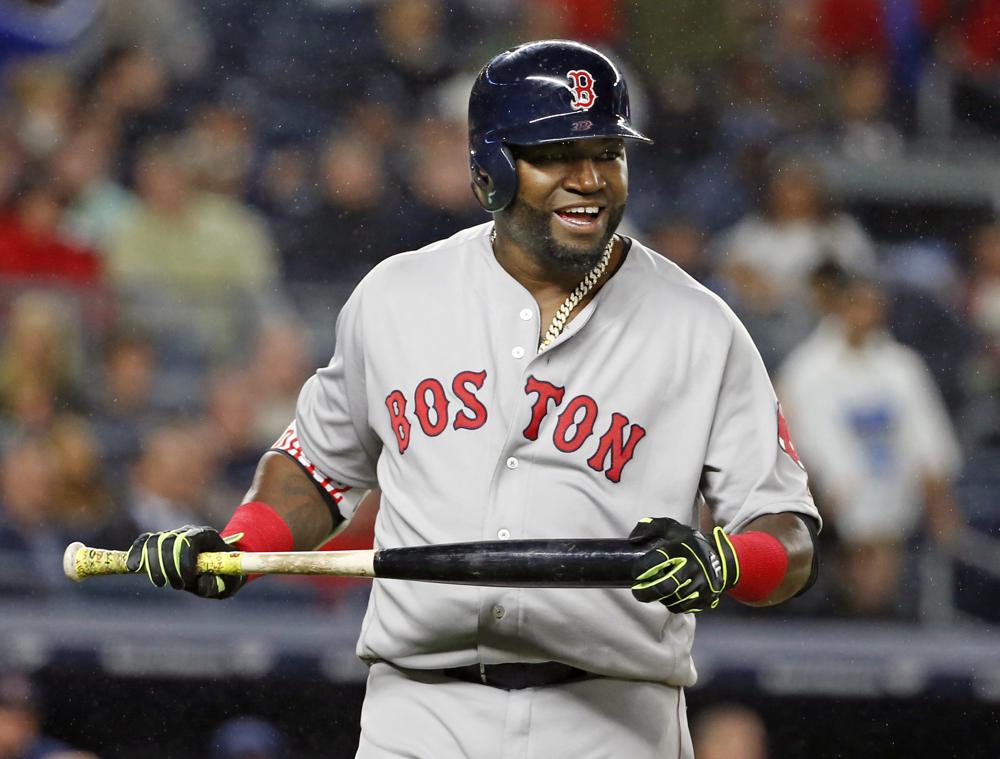
Bonds got 61.8% of the vote in 2021, and Clemens 61.6%. So far this year, Bonds has been included on 77.5% of public ballots tracked by bbhottracker.com, and Clemens is at 76.5%. The tracker has counted roughly 48% of the expected ballots, and players have historically received a lower percentage of votes from members who don’t disclose their picks.
That means Bonds, with seven MVPs and a record 762 home runs, and Clemens, with seven Cy Youngs and an MVP, are likely to be frozen out.
Curt Schilling is also in his final year, but his support has dropped off since he finished 16 votes shy last year.
Ortiz, a 10-time All-Star who spent most of his career with the Boston Red Sox, is on 84.5% of public ballots. He leads a group of 13 first-time eligible players that also includes Alex Rodriguez, Jimmy Rollins, Ryan Howard and Tim Lincecum. Only A-Rod and Rollins seem to be getting serious consideration from voters, but neither will be close to induction this year.
Players elected Tuesday will be enshrined July 24 in Cooperstown along with era committee selections Buck O’Neil, Minnie Miñoso, Gil Hodges, Tony Oliva, Jim Kaat and Bud Fowler.
Bonds, Clemens and Rodriguez look like no-doubt Hall of Famers on the backs of their baseball cards, but PED suspicions have tarnished their reputations with many voters. Bonds has denied knowingly using PEDs, while Clemens has denied taking them outright. Rodriguez was banned by Major League Baseball for the entire 2014 season after violating the league’s drug policy.
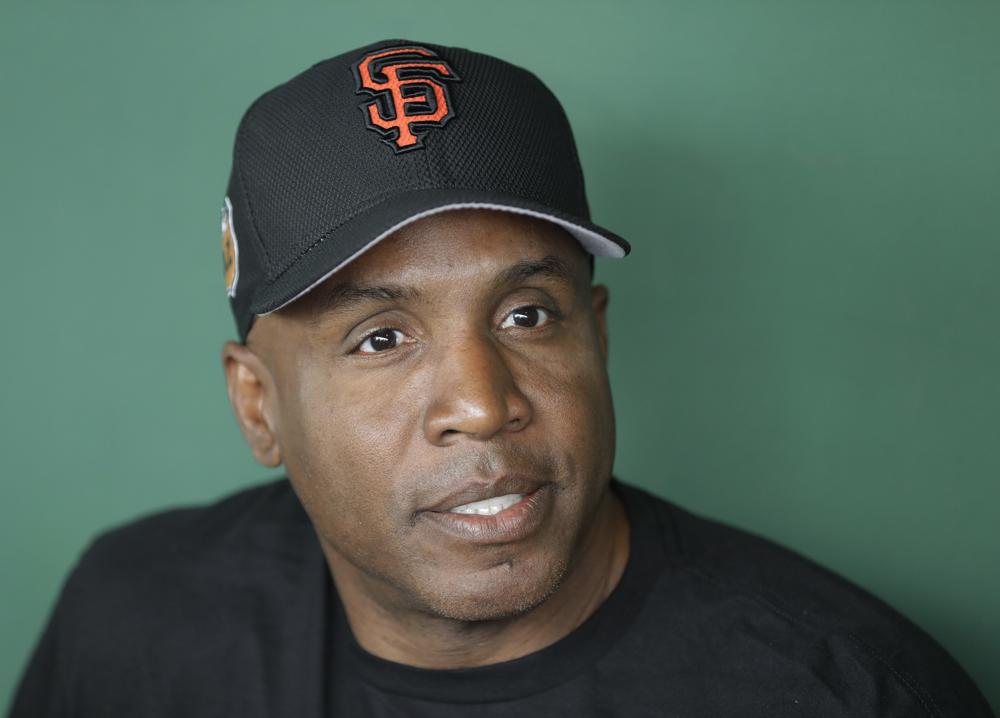
Ortiz also comes with some PED baggage, but voters are less bothered by the more shaky evidence of his use. His lone reported positive test for PEDs came during survey testing in 2003 that was supposed to be anonymous and used to determine whether to institute regular testing. Ortiz denied using steroids, and Commissioner Rob Manfred said in 2016 “I think it would be wrong” to exclude him from the Hall of Fame based on that lone test.
With a .286 average and 541 home runs, Ortiz may also stand to benefit from a recent shift by voters in their evaluations of designated hitters. Frank Thomas, Edgar Martinez and Harold Baines have all entered the Hall since 2014. Martinez made 71.7% of his plate appearances as a DH, most among Hall members. Ortiz would pass him at 88%.
BBWAA members are instructed to elect Hall members “based upon the player’s record, playing ability, integrity, sportsmanship, character, and contributions to the team(s) on which the player played.” Nobody was selected last year, with Schilling coming closest.
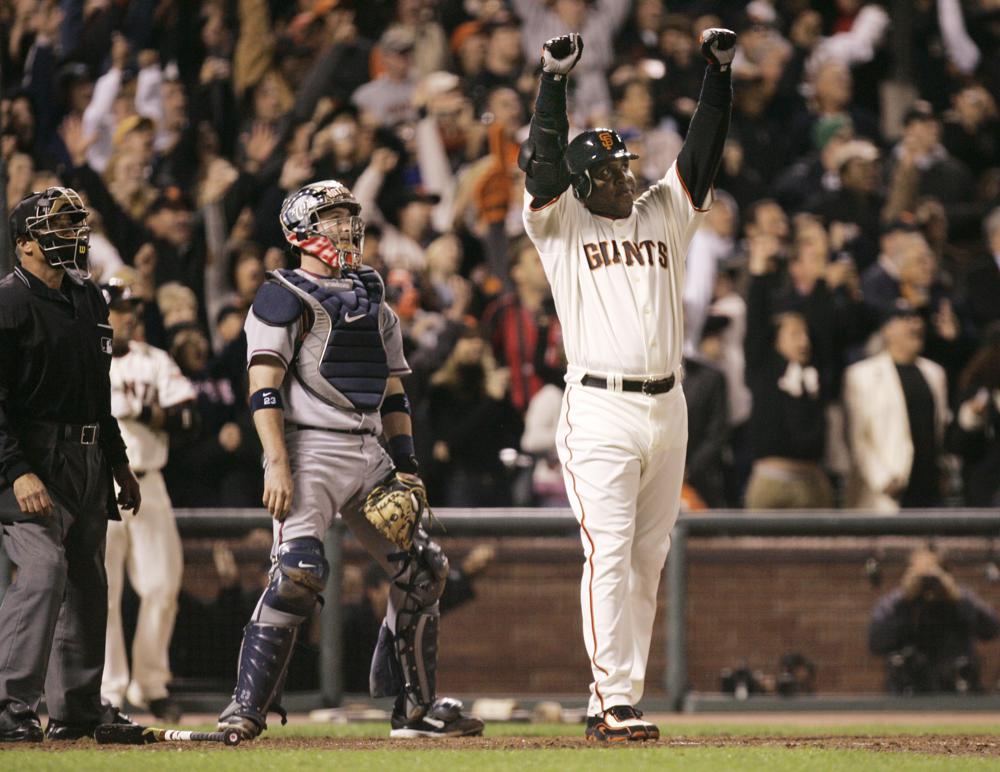
Schilling has ostracized himself in retirement by directing hateful remarks toward Muslims, transgender people, journalists and others. He asked the Hall to remove his name from this year’s ballot, but he remains a candidate. Enough voters have given up his cause to ensure he stays out, though — he is on just 61% of public ballots.
Others also have been dismissed by some voters for disturbing off-field behavior. Slick-fielding shortstop Omar Vizquel has been accused of domestic violence by his ex-wife and was sued over claims of sexual harassment by a former minor league bat boy last year. After receiving 52.6% of the vote in 2020, he’s trending around 11% this year.
Bonds also has been accused of domestic violence, and Clemens of maintaining a decade-long relationship with a singer who was 15 when they met.
Other first-timers among this year’s candidates are Justin Morneau, Jake Peavy, Carl Crawford, Prince Fielder, Joe Nathan, Jonathan Papelbon, A.J. Pierzynski and Mark Teixeira. Players must appear on at least 5% of ballots to remain in next year’s pool. None of those players are above that threshold on the public ballots.
Several other players are poised to make gains that could portend a future election, including Scott Rolen (fifth year), Todd Helton (fourth), Andruw Jones (fifth) and Billy Wagner (seventh).
Have you subscribed to the Grio podcasts, ‘Dear Culture’ or Acting Up? Download our newest episodes now! TheGrio is now on Apple TV, Amazon Fire, and Roku. Download theGrio today!
